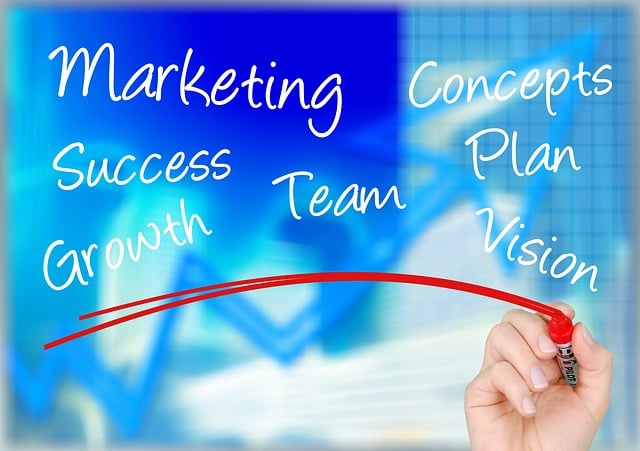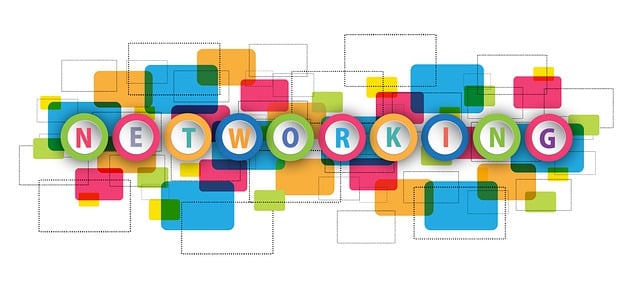Integrating Artificial Intelligence (AI) into car repair shops offers significant advantages, including enhanced diagnostics and predictive maintenance, saving time and costs. Successful implementation requires robust data systems and staff training. AI-powered marketing strategies enable personalized customer interactions, optimized scheduling, and improved shop visibility, boosting conversion rates and fostering loyalty. Intelligent automation streamlines tasks, allowing staff to focus on complex repairs, while machine learning algorithms predict maintenance needs, driving higher revenue and customer satisfaction.
“The automotive industry is witnessing a paradigm shift with Artificial Intelligence (AI) emerging as a game-changer. This article explores effective growth strategies for car repair shops, focusing on AI integration. We delve into the benefits and challenges of adopting AI, offering insights on how it can revolutionize operations. Furthermore, we uncover powerful AI-powered marketing techniques to engage customers and drive business growth. By implementing intelligent automation, auto repair businesses can streamline processes, enhance efficiency, and stay competitive in today’s digital landscape.”
- Understanding AI Integration in Auto Repair: Benefits and Challenges
- AI-Powered Marketing Techniques for Targeted Customer Engagement
- Streamlining Operations with Intelligent Automation: Case Studies and Best Practices
Understanding AI Integration in Auto Repair: Benefits and Challenges

Integrating Artificial Intelligence (AI) into car repair shops offers a myriad of benefits, transforming traditional processes into efficient, data-driven operations. AI can enhance diagnostics by analyzing sensor data and complex vehicle systems, leading to faster and more accurate identifications of issues. For example, AI algorithms can detect patterns in engine performance data, allowing mechanics to anticipate potential problems before they occur. This predictive capability not only saves time but also reduces the risk of costly breakdowns.
However, implementing AI integration comes with challenges. Auto repair businesses must invest in quality data collection and management systems to feed accurate information into AI models. Additionally, there’s a learning curve associated with adopting new technology, requiring staff training and potential adjustments to existing workflows. Despite these hurdles, leveraging AI-powered marketing strategies can further benefit auto repair businesses by enabling personalized customer interactions, improving scheduling efficiency, and enhancing overall shop visibility through data-driven insights.
AI-Powered Marketing Techniques for Targeted Customer Engagement

In today’s digital age, AI-powered marketing techniques offer car repair shops a powerful way to engage with their target audience. By leveraging machine learning algorithms and natural language processing, auto repair businesses can personalize marketing messages based on customer behavior, preferences, and history. This targeted approach ensures that promotional efforts reach the right customers at the right time, increasing the chances of conversion and fostering long-term loyalty.
AI enables car repair shops to analyze vast amounts of data quickly, identifying trends and patterns in customer demographics, service preferences, and maintenance schedules. Armed with these insights, businesses can create tailored campaigns using personalized emails, text messages, or even voice assistants, offering specific promotions on services their customers are most likely to need next. This level of customization not only enhances the customer experience but also drives sales and strengthens brand loyalty among auto owners.
Streamlining Operations with Intelligent Automation: Case Studies and Best Practices

Car repair shops can significantly enhance their operational efficiency by implementing intelligent automation, one of the powerful AI growth strategies. This technology streamlines repetitive tasks such as scheduling appointments, managing inventory, and diagnosing vehicle issues, allowing staff to focus on more complex repairs. For instance, a leading auto shop in North America utilized AI-powered software to optimize its operations, resulting in a 20% reduction in service time and increased customer satisfaction.
By adopting AI-powered marketing strategies for auto repair businesses, these establishments can also improve their outreach and engagement with customers. Machine learning algorithms can analyze historical data to predict maintenance needs, enabling shops to proactively target potential clients. This personalized approach not only boosts customer loyalty but also ensures the shop stays at the forefront of a competitive market. Case studies show that AI-driven marketing campaigns have led to higher conversion rates and increased revenue for auto repair businesses across various regions.
The integration of AI in car repair shops offers a transformative path forward, presenting numerous benefits such as enhanced efficiency, improved diagnostics, and targeted customer engagement. Overcoming initial challenges through strategic planning and adopting AI-powered marketing techniques can help auto repair businesses thrive in a competitive market. Streamlining operations with intelligent automation has proven successful, demonstrating that embracing these innovative strategies is key to staying ahead in the digital age of automotive maintenance. By leveraging AI growth strategies, car repair shops can elevate their services, attract a wider customer base, and secure long-term success.
